The 20 Biggest Travel Mistakes Tourists Keep Making

You planned the trip of a lifetime, only to realize you’ve fallen into the same travel traps as everyone else.
Overpriced tourist scams, rookie itinerary mistakes, and wasted days in long lines… sound familiar?
Why do travelers keep making the same blunders over and over again? Because nobody tells them what not to do.
Until now.
1. Booking Flights Without Checking Local Holidays or Festivals
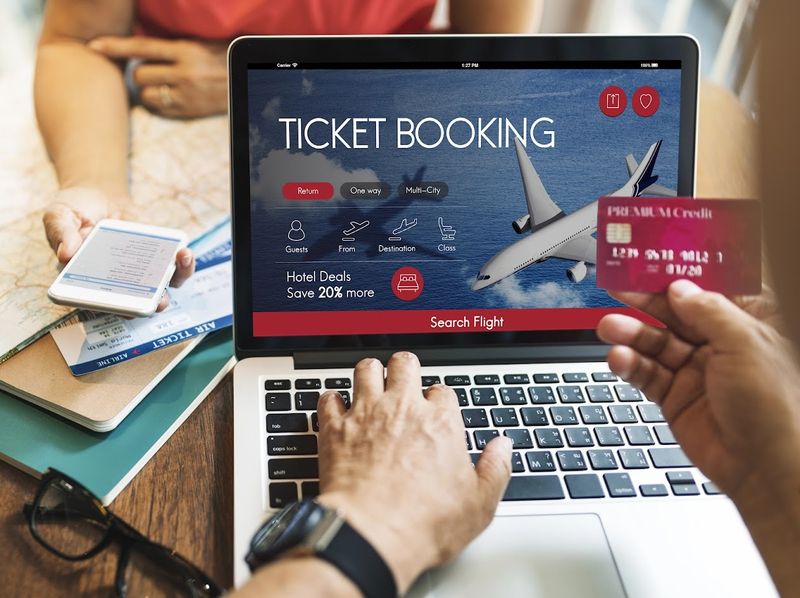
Ever landed in a city, ready to explore, only to find everything closed because of a massive local holiday? Welcome to the joys of poor timing. Many destinations have festivals that either transform the city into an electrifying wonderland or shut it down entirely.
In Spain, for example, major cities come alive during Semana Santa, but good luck finding an open grocery store.
But it’s not just closures you should worry about. The prices surge, and accommodations vanish faster than a free croissant at a hotel breakfast buffet. If you thrive in the chaos, great! If not, you might want to rethink your dates.
2. Assuming All Tap Water Is Unsafe

It’s easy to default to bottled water when you travel, but you might be wasting money (and plastic) in places with some of the cleanest water in the world. Cities like Zurich, Reykjavik, and Tokyo have tap water so pristine, it’s practically bottled straight from a glacier.
On the flip side, assuming water is always safe is just as dangerous. Some places, even within the same country, have varying water quality. Mexico City? Probably not the best idea. But Mexico’s Yucatán Peninsula? Many hotels there filter their water. The key is doing a quick check before you go.
Save money, avoid dehydration, and skip the unnecessary plastic waste. And hey, if the water tastes great, consider it a free souvenir experience for your taste buds!
3. Not Learning The Public Transport Etiquette

So, you’re on a peaceful train in Japan, happily chatting away, when you suddenly feel a hundred silent glares stabbing you. Congratulations, you’ve just broken an unspoken rule! Many countries have strict but unwritten public transport etiquette, and ignoring it makes you that tourist.
In places like Finland or Germany, silence is golden, especially in designated quiet cars. Meanwhile, in New York or Bangkok, expect lively conversations, street performers, and the occasional sales pitch from a stranger selling “authentic” gold chains.
The vibe varies drastically, and it pays to blend in. The golden rule? Observe before you act.
4. Ignoring Time Zone Differences When Booking Excursions

You’ve carefully planned your day: morning hike, afternoon wine tour, sunset cruise. But then, you realize it! Your “10 AM” tour is in a different time zone, and you’re either an hour early and confused or completely missing out.
Time zones can be sneaky, especially in places like Australia or the U.S., where one wrong assumption can throw off your whole itinerary.
Ever crossed a state line in the U.S. and suddenly lost an hour? Or booked a flight with a layover, only to realize you miscalculated the actual departure time? Yeah, it happens more than you think. Time zones are like that one friend who’s always late. If you don’t keep an eye on them, they’ll mess up your plans!
5. Using Only Credit Cards And Not Carrying Any Local Cash

Swipe, tap, done. Credit cards make spending easy, until you’re in a cab, at a tiny market, or facing a cash-only sign in a restaurant where you just ate a full meal. Not everywhere takes plastic, and you don’t want to be that person holding up the line while frantically Googling the nearest ATM.
Some countries are still very cash-centric. Japan, for example, has some restaurants and shrines that refuse cards. In rural parts of Europe, small businesses might not have card readers. And in some places, cash is just easier—tipping, street vendors, public transport, you name it!
Bring a small stash of local currency for emergencies, small purchases, or places where digital payments just aren’t a thing yet. You’ll thank yourself when you’re not walking 20 minutes to find an ATM just to buy a coffee.
6. Forgetting To Check Restaurant Closing Hours

You’re starving after a long day of exploring, only to realize every restaurant in town has shut its doors before 8 PM. Sound dramatic? Not if you’re in parts of Switzerland, Australia, or rural France, where late-night dining is practically nonexistent.
Many cultures eat earlier than Americans, and if you don’t plan ahead, you’ll be stuck hunting for gas station snacks instead of enjoying a local specialty.
Even in major cities, some restaurants take long midday breaks, especially in Europe. Ever tried getting lunch in Spain at 3 PM? You’re golden. Try at 5 PM? Good luck. Check that closing time before assuming food will always be available.
7. Assuming Wi-Fi Is Everywhere And Not Downloading Offline Maps

Picture this: you’re confidently navigating the streets of an unfamiliar city when—boom! No signal, no Wi-Fi, no idea where you are. It’s just you, a street full of confusing signs, and the creeping realization that you should have downloaded that map earlier.
Wi-Fi is not a universal right (sadly). Rural areas, underground metro stations, and even some tourist-heavy spots can have terrible connectivity. And don’t assume every café has free Wi-Fi—some places charge, require local numbers, or simply don’t offer it.
Before you go, download offline maps on Google Maps or Maps.me. Screenshot important addresses, save key translations, and maybe—just maybe—embrace the adventure of getting a little lost. But let’s be real, you’ll still want that map.
8. Tipping Where It’s Considered Rude Or Unnecessary
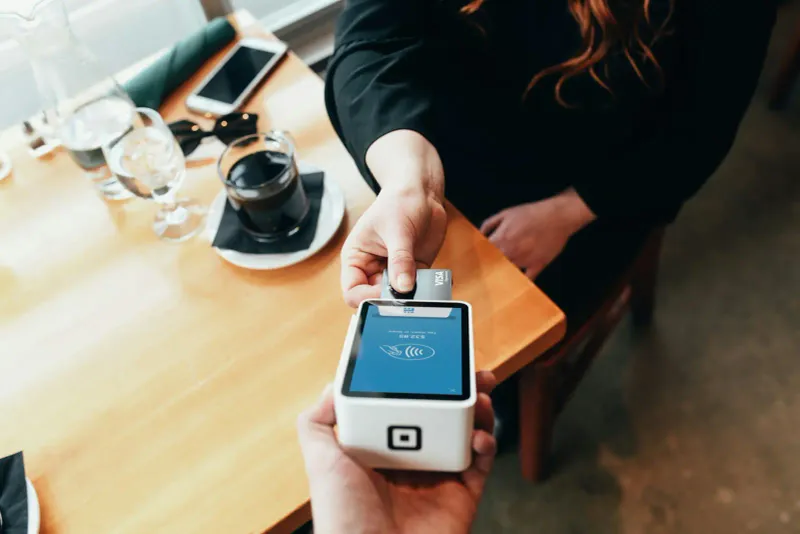
Tipping is second nature in the U.S., but in places like Japan or South Korea, it’s not just unnecessary, it’s borderline offensive. Imagine trying to leave a tip in Tokyo and watching the waiter chase you down the street to return your money. Awkward, right?
On the flip side, some countries expect tips but have unspoken rules about how much. In Europe, leaving 5-10% is polite, but dropping a 20% tip like you’re in New York? That’s just burning cash.
And in some places, service charges are already included, so you’re tipping on top of a tip. So, before you travel, check the tipping customs to avoid overpaying or offending someone.
9. Not Knowing The Local Emergency Numbers
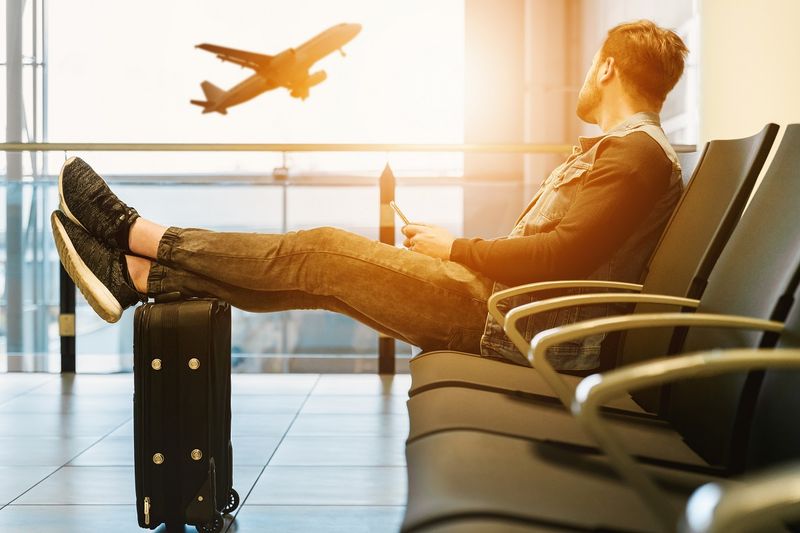
911 won’t save you everywhere. Different countries have different emergency numbers, and assuming they’re all the same is a dangerous mistake. The last thing you want is to need help and have no clue who to call.
For example, in Europe, it’s usually 112, but individual countries have specific numbers for police, fire, and medical emergencies. In Australia, it’s 000. In China, police and medical services have separate hotlines. If you’re in distress, fumbling with Google isn’t exactly the best strategy.
Before your trip, save the local emergency numbers in your phone. Better yet, jot them down somewhere in case your battery dies. Hopefully, you’ll never need them!
10. Overlooking Local Supermarket Chains For Budget-Friendly Meals

Think supermarkets are just for locals? Think again. Skipping them means missing out on cheap, delicious meals and local goodies that cost a fraction of what you’d pay at a restaurant.
European supermarkets like Carrefour (France), Coop (Switzerland), and Mercadona (Spain) sell everything from fresh sandwiches to gourmet cheeses at a steal. In Japan, convenience stores like 7-Eleven offer sushi, ramen, and bento boxes that are surprisingly good.
Even in expensive cities, a quick grocery stop can save your budget.
11. Failing To Research The Local Power Outlet Type And Voltage
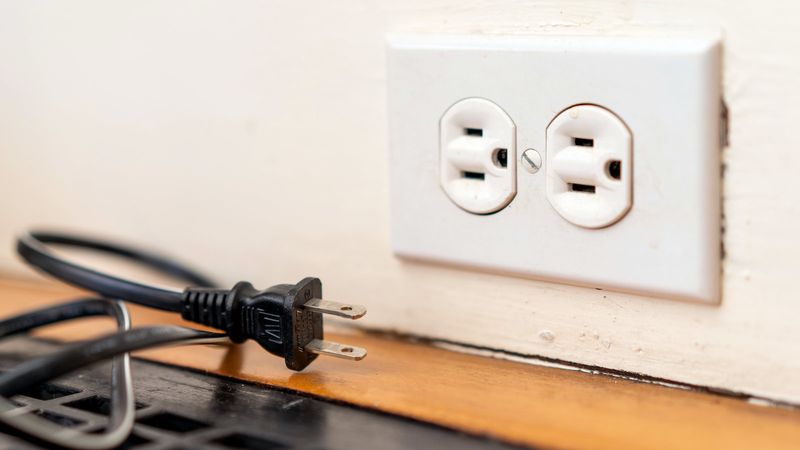
You land in your dream destination, ready to charge your phone, and—uh-oh—your plug doesn’t fit. Worse yet, you jam it in anyway, hear a pop, and now your charger is fried. Welcome to the world of mismatched voltage and power outlets!
Different countries have different plug types and voltages, and not all are compatible. The U.S. runs on 110V, while much of Europe uses 220V, meaning some appliances won’t just fail, they’ll die a fiery death.
Even if your device works, without the right adapter, you’ll be staring at the outlet like it holds the secrets of the universe. A universal adapter is a lifesaver, and for high-powered devices like hair dryers, make sure they’re dual voltage—or just leave them at home unless you want to start an impromptu hotel fire drill.
12. Thinking Uber Or Ride-Hailing Apps Work Everywhere

Uber, Lyft, and other ride-hailing apps have spoiled us, making travel feel seamless. But guess what? They don’t work everywhere. In some countries, they’re banned. In others, they operate in theory but have so few drivers you’ll be waiting forever.
For example, Uber is heavily restricted in cities like Barcelona and has been outright banned in places like Turkey. Meanwhile, in remote areas or smaller towns, taxis are still king, and you’ll need cash or a local app to get around.
Ever tried hailing an Uber in Cuba? Spoiler alert: it doesn’t exist.
13. Not Checking For City Tourist Passes That Save Money On Attractions

Paying full price for every museum, monument, and attraction? Rookie move.
Many cities offer tourist passes that bundle multiple sights at a steep discount, but most travelers overlook them.
Before you go, see if the city has a pass that fits your plans. If you’re a museum-hopping, sightseeing machine, it’s a no-brainer. If you’re more into casual wandering, it might not be necessary. Either way, a little planning can save you big bucks.
14. Skipping Grocery Stores For Cheap And Authentic Local Snacks

Why pay $10 for a tiny bag of “local” snacks at a tourist shop when you can get the real deal for a fraction of the price at a supermarket? Grocery stores are gold mines for authentic, budget-friendly treats.
In Japan, hit up 7-Eleven or FamilyMart for onigiri, fresh sushi, and matcha snacks. In France, supermarkets are loaded with cheap cheese, wine, and baguettes. Even in the U.S., local grocery chains have regional specialties you won’t find at big-box stores.
If you love bringing food souvenirs home, this is the way to do it. Instead of overpriced airport chocolates, grab a stash of local candies or spices for a fraction of the cost. Your wallet, and your taste buds, will thank you.
15. Ignoring Seasonal Weather Differences Within The Same Country
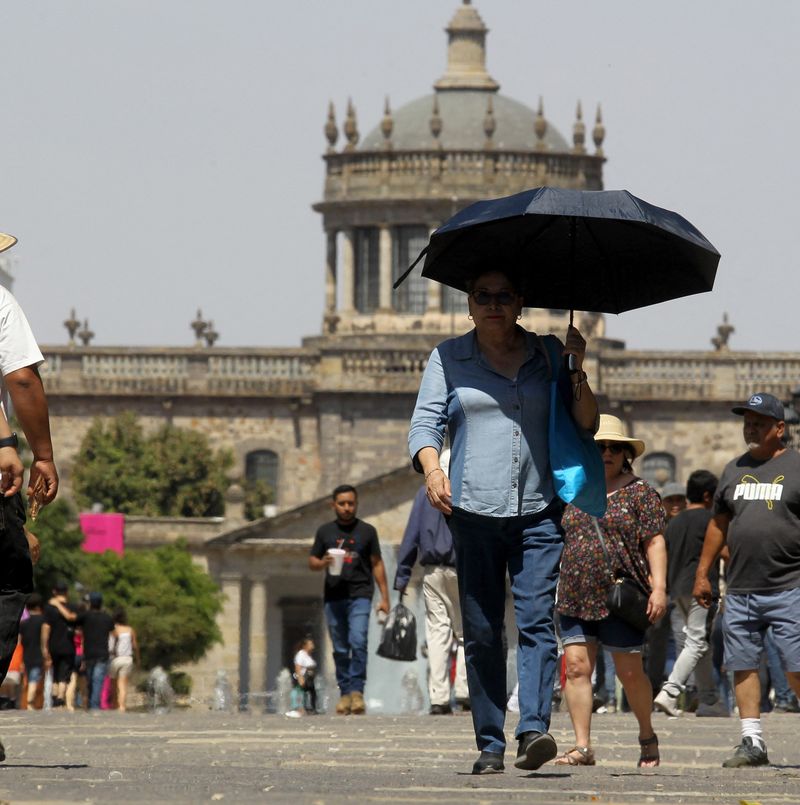
Packing for Italy in September? You might be envisioning endless sunshine, until you hit the Dolomites and realize it’s freezing. Weather can vary wildly within the same country, and assuming one forecast covers all regions is a classic travel blunder.
The U.S. is a prime example! Los Angeles in December? Beach weather. New York in December? Snowstorm central. Even within smaller countries, microclimates exist.
In Peru, Lima is mild while Cusco is chilly, and in South Africa, Cape Town’s summer is wildly different from Johannesburg’s. Bottom line, always check multiple cities before packing!
16. Assuming Your Phone Plan Includes International Roaming
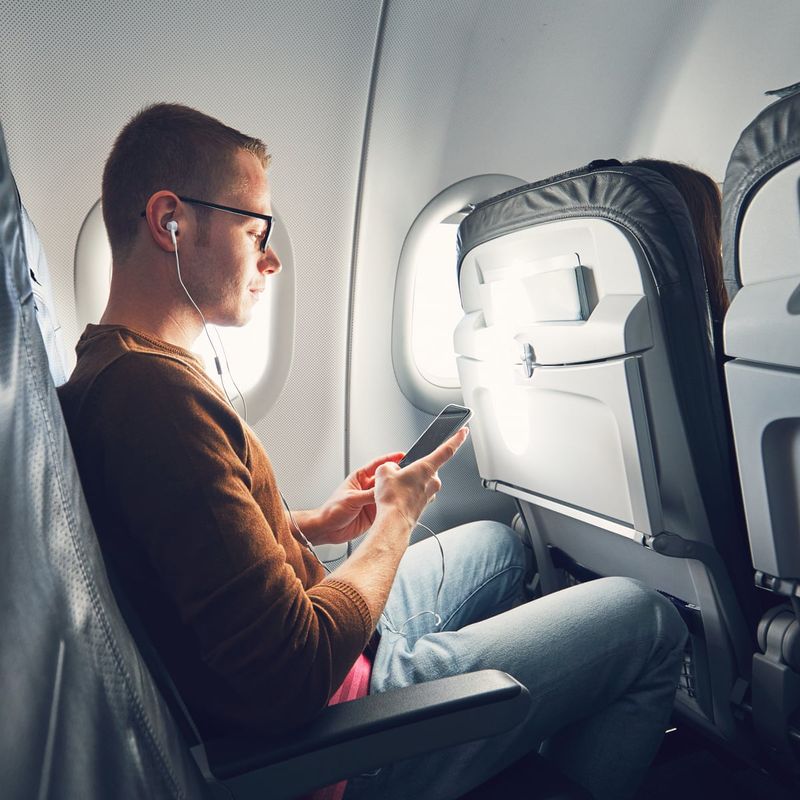
You land, turn on your phone, and—bam—your carrier welcomes you to your destination with a lovely text: “International roaming activated. $10 per MB.” Congratulations, you’ve just been scammed by your own phone company.
Many travelers assume their data plan works abroad, only to rack up a bill that could fund another vacation. Some providers offer decent international packages, but others? Let’s just say you don’t want to learn the hard way.
Before you go, check your plan. If it’s pricey, get a local SIM card or an eSIM for data. Free Wi-Fi is great, but having mobile data for maps, translation, and emergencies is worth every penny. Just not at your carrier’s ridiculous rates.
17. Wearing Flashy Jewelry Or Designer Brands In Areas Prone To Theft

You might love that expensive watch or designer bag, but in some places, wearing them is like carrying a neon sign that says, “Rob me.” Pickpockets and scammers target tourists who look wealthy, and flashing valuables makes you an easy mark.
Places like Barcelona, Rio de Janeiro, and Naples are notorious for petty theft. Even in big cities like Paris or New York, certain areas are pickpocket hotspots. Wearing subtle, non-designer clothes and keeping your valuables out of sight can help you blend in and avoid unwanted attention.
A good rule? If you’d be heartbroken to lose it, don’t bring it!
18. Not Knowing The Difference Between Service Charges And Tips
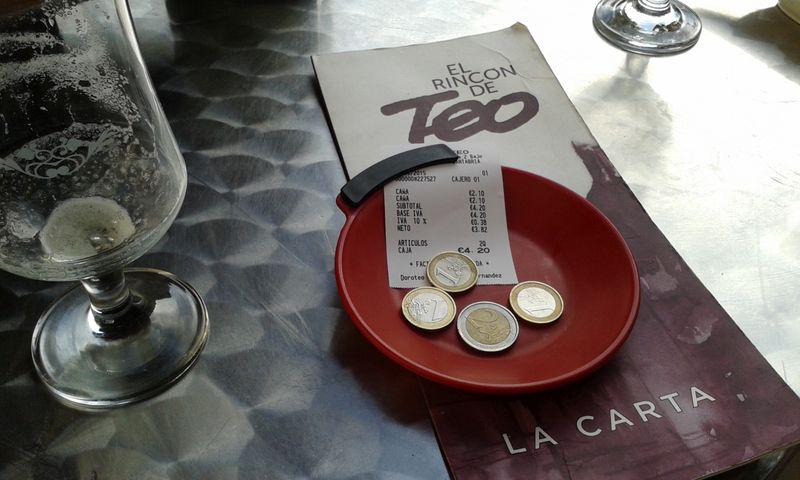
Ever tipped 20% at a European restaurant, only to realize the service charge was already included? Ouch. Tipping customs vary worldwide, and not knowing them can mean overpaying—or unintentionally stiffing your server.
In many European countries, service is already included in the bill.
Before you eat out, check the local tipping norms. If service is included, a small extra tip is nice but not required. If it’s not, leaving the right amount ensures you’re not that clueless tourist overpaying or underappreciating good service.
19. Using Hand Gestures That May Be Offensive In The Local Culture

That innocent thumbs-up or peace sign? In some countries, it’s not as friendly as you think. Hand gestures vary wildly between cultures, and using the wrong one can get you in trouble.
For example, in Greece and the Middle East, showing your open palm can be an insult. In Brazil, the “OK” sign has a very different, very offensive meaning.
The best rule? When in doubt, keep your hands to yourself.
20. Forgetting To Check Local Rules On Photography, Especially Drones

You see an incredible temple, pull out your camera, and—suddenly, security is heading your way. Oops. Some places have strict photography rules, and ignoring them can land you in trouble.
Drones, in particular, are a huge no-go in many areas. Cities like Dubai and national parks around the world have heavy restrictions, and flying one without a permit can lead to hefty fines or even confiscation.
Before you snap away, check the local laws. Some places restrict flash photography, certain religious sites ban cameras altogether, and drone laws vary widely. Don’t assume you can film freely, unless you enjoy dealing with airport security on your way home!
